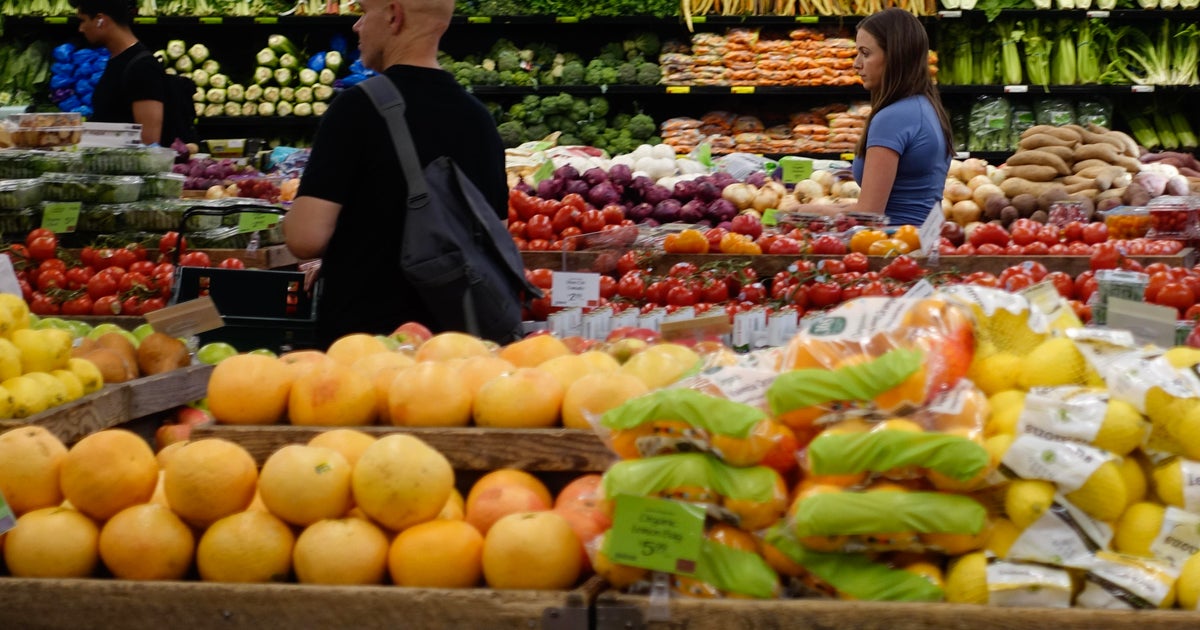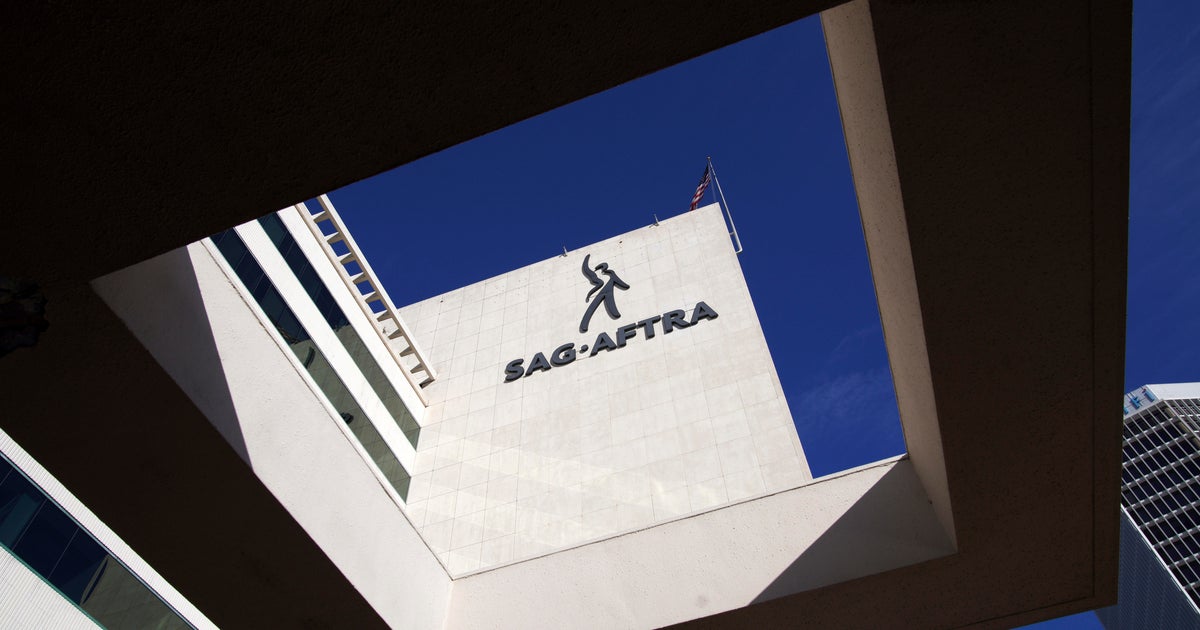Unilever to rename skin-lightening cream in India after outcry
Unilever on Thursday said it would change the name of its Fair & Lovely brand of skin-lightening cream but continue to sell the popular but controversial cosmetics product in India and elsewhere in Asia.
The move by the multinational consumer goods company comes amid ongoing pressure on corporations to rethink their branding in the wake of global demonstrations against police brutality and for racial justice.
Casting its decision as "the next step in the evolution of its skin care portfolio to a more inclusive vision of beauty," Unilever said it would remove words such as "fairness" and "light" from its promotional materials. The Fair & Lovely brand will be renamed in coming months, but the Anglo-Dutch conglomerate did not state what the new name would be.
The company recognizes that its marketing had suggested "a singular ideal of beauty that we don't think is right, and we want to address this," Sunny Jain, Unilever's global head of beauty and personal care, said in an emailed statement.
Unilever is now "more to a more inclusive vision of beauty that celebrates skin glow," stated Jain, who added that Unilever planned to "feature women of different skin tones" in its advertising.
Unilever has repeatedly been criticized on social media in recent weeks for its whitening cream, on the market since 1975, with a wave of petitions calling on it to stop making and selling the product, including one with more than 13,000 signatures as of Thursday morning. Petitioners claim the products, long a source of controversy, promote racism with marketing that depicted lighter-skinned people as "confident and successful" while those with darker skins as insecure.
An Instagram post from Unilever two weeks ago in support of racial justice drew criticism and calls to boycott its products, with one commenter writing, "All this while you make millions from whitening cream? Double standards to say the least #boycottunilever."
The product line reportedly generates more than $500 million in annual sales for Unilever, the owner of famous brands such as Dove soap and Ben & Jerry's ice cream.
Other companies have recently announced plans to change the branding of products that portray minorities in harmful ways. Dreyer's said it would change the name of the popular Eskimo Pie ice cream after nearly 100 years, calling it "derogatory." Quaker Oats said it will rebrand Aunt Jemima pancake products. The companies that make Uncle Ben's, Mrs. Butterworth's and Cream of Wheat are reviewing their brands.
On Friday, Johnson & Johnson said it would discontinue two lines of skin-lightening products popular in Asia: the Neutrogena Fine Fairness line, sold in Asia and the Middle East, and the Clean & Clear Fairness line, sold solely in India.
"Conversations over the past few weeks highlighted that some product names or claims on our Dark Spot Reducer products represent fairness or white as better than your own unique skin tone. This was never our intention — healthy skin is beautiful skin," Johnson & Johnson said in an emailed statement.
In Asia, commercials advertising Neutrogena Fine Fairness touted the product's ability to help users "whiten more thoroughly." Neutrogena also has promoted a serum as one that "doubles your skin's whitening power."
The products represent less than 1% of its 2019 global beauty sales, according to Johnson & Johnson.
Band-Aid, another Johnson & Johnson brand, last week said it would again start selling bandages to match non-white skin tones.
"We are committed to launching a range of bandages in light, medium and deep shades of Brown and Black skin tones that embrace the beauty of diverse skin," the company said in an Instagram post. "We promise that this is just the first among many steps together in the fight against systemic racism."
The company first tried selling bandages with varying skin tones in 2005 but stopped due to what it cited as a lack of demand.



